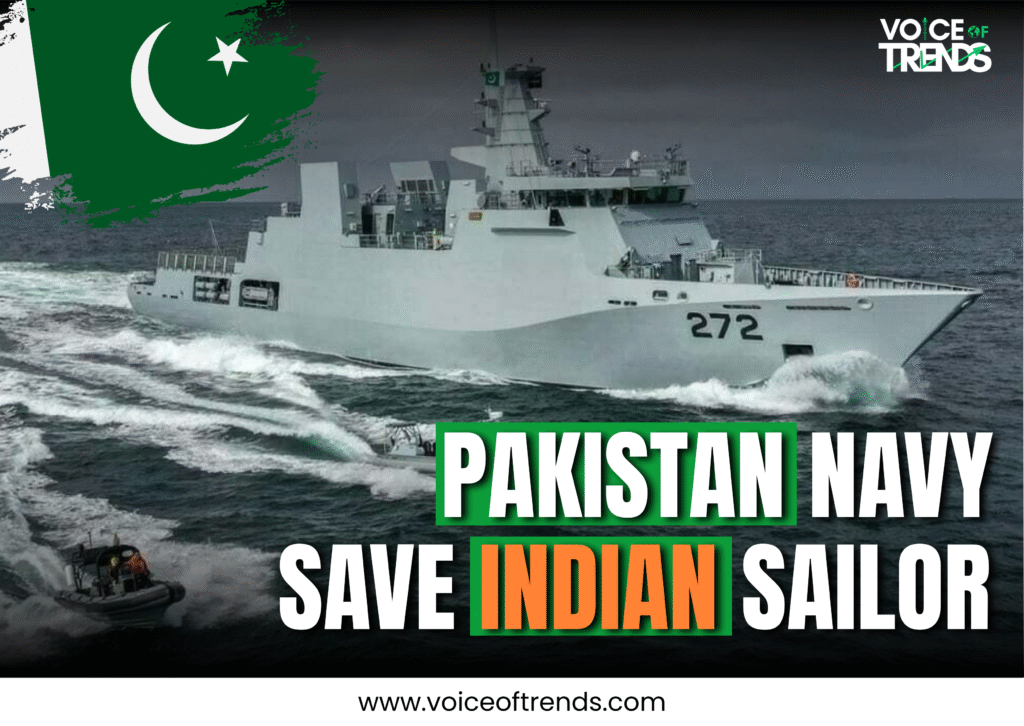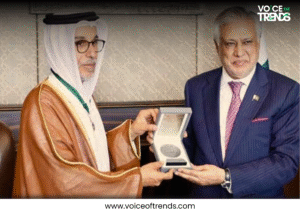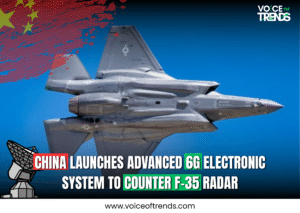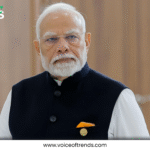On 18 June 2025, the Pakistan Navy performed an impressive act of humanity by rescuing an injured Indian sailor from the Liberian-flagged oil tanker MT High Leader in the Arabian Sea. This remarkable operation, carried out amidst tense India-Pakistan relations following a brief four-day standoff, highlights the Navy’s commitment to maritime safety and international cooperation, transcending geopolitical tensions.
Table of Contents
ToggleA Distress Call Sparks Swift Action
The operation was initiated after the Pakistan Navy’s Joint Maritime Information and Coordination Centre (JMICC) received a distress alert from MT High Leader, a vessel operated by an all-Indian crew. The call reported a crew member who had sustained serious injuries and required immediate medical evacuation. The Pakistan Maritime Security Agency (PMSA) immediately activated its maritime coordination protocols to ensure a prompt response.
A medical team was dispatched to the tanker’s location off the coast of Karachi by ship and helicopter. The injured sailor was stabilized on board the ship before being shifted to a hospital in Karachi for emergency treatment. The prompt and skilled response highlights the Pakistan Navy’s commitment to maritime safety and their readiness to protect lives at sea, without distinction of nationality.
A Gesture of Humanity Amid Tensions
The rescue is particularly significant given the recent tensions between India and Pakistan. The two countries, which share a history of complex relations, were engaged in a brief dispute that further strained diplomatic ties. Nevertheless, the Pakistan Navy’s decision to prioritize humanitarian duty over political differences serves as a powerful reminder that compassion can overcome division.
The Navy highlighted its dedication to ensuring maritime safety in line with international responsibilities, noting that the successful medical rescue reflects the high level of preparedness and swift response capabilities of Pakistan’s naval forces. The operation not only saved a life but also demonstrated Pakistan’s commitment to global maritime norms.
The Broader Context of Maritime Cooperation
The Arabian Sea is a key region for global trade and shipping, where both India and Pakistan maintain active naval presences to secure sea lanes and counter piracy. Despite their rivalry, the two countries have a history of occasional humanitarian cooperation at sea. For example, in April 2025, the Indian Navy’s INS Trikand provided critical medical assistance to a Pakistani crew member off the coast of Oman, demonstrating a mutual spirit of goodwill.
Such examples highlight the importance of maritime forces prioritizing human lives over geopolitical disputes. The Pakistan Navy’s recent operation adds to this legacy, reinforcing the global principle that maritime security transcends borders.
Why This Matters
The rescue operation is more than an act of bravery. It reflects the broader role of naval forces in fostering international cooperation. In responding to the distress call of an Indian crew member, the Pakistan Navy set an example for others in the region by demonstrating its professionalism and humanity. The mission also highlights the importance of maintaining open channels of communication and coordination in maritime operations, especially in busy and strategically important waters like the Arabian Sea.
Conclusion
The rescue of an injured Indian sailor by the Pakistan Navy on 18 June 2025 is a shining example of humanity triumphing over adversity. By quickly extricating the sailor from the MT High Leader and ensuring his treatment in Karachi, the Navy not only saved a life but also sent a powerful message of compassion and professionalism. In a world often divided by conflicts, such actions remind us that a common humanity can unite us, even in the most difficult times.
This blog celebrates the Pakistan Navy’s dedication to maritime safety and its role in promoting hope through humanitarian efforts. Let us honor such moments of unity and continue to advocate for peace and cooperation on the high seas.




















